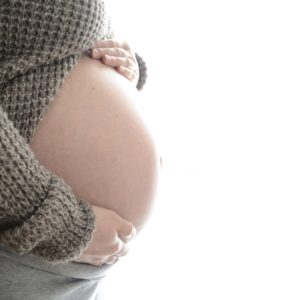
SHARE THIS ARTICLE:
Lyme in Pregnancy & Offspring Health Outcomes
 Katherine Leavey, et al., published, “Lyme borreliosis in pregnancy and associations with parent and offspring health outcomes: An international cross-sectional survey” in Frontiers in Medicine on November 3, 2022. Data regarding the health outcomes of people infected with Lyme disease during pregnancy is limited, as is perinatal transmission to their fetus, and the long-term effects on their children. This study investigated the impact of Lyme disease in pregnancy on both the parent and their offspring.
Katherine Leavey, et al., published, “Lyme borreliosis in pregnancy and associations with parent and offspring health outcomes: An international cross-sectional survey” in Frontiers in Medicine on November 3, 2022. Data regarding the health outcomes of people infected with Lyme disease during pregnancy is limited, as is perinatal transmission to their fetus, and the long-term effects on their children. This study investigated the impact of Lyme disease in pregnancy on both the parent and their offspring.
A total of 691 participants – over 18 years of age who had been pregnant — completed a survey which compared health/symptoms throughout their lives. The survey showed 65% had Diagnosed LD, 6% had Suspected LD, and 29% had No LD ever. The participants’ pregnancies were classified into one of five groups: “Probable Treated LD,” “Probable Untreated LD,” “Possible Untreated LD,” “No Evidence of LD,” and “Unclear.”
Results: “Diagnosed LD and Suspected LD groups indicated a high symptom burden (p < 0.01).” However, direct testing of fetal/newborn tissues for Borrelia burgdorferi was performed for only 3% of the pregnancies at risk of transmission; positive or equivocal results were obtained in 14% of those cases.
“Pregnancies with No Evidence of LD had the fewest complications (p < 0.01) and most likely resulted in a live birth (p = 0.01) and limited short- and long-term offspring pathologies (p < 0.01).”
Treatment of Lyme disease in the LD-affected pregnancy groups did not decrease complications for the parent, but it did improve the health of newborn, including “reduced rates of rashes, hypotonia, and respiratory distress. (all < 0.01). The impact of parent LD treatment on longer-term child outcomes was less clear.”
For more information:
Read the full study in Frontiers in Medicine
Read more about Lyme & Pregnancy on the LDA website





